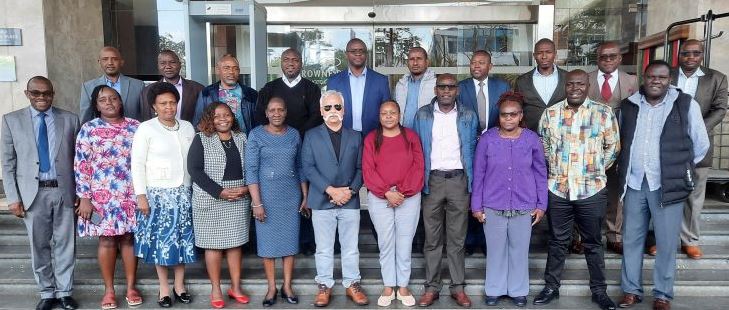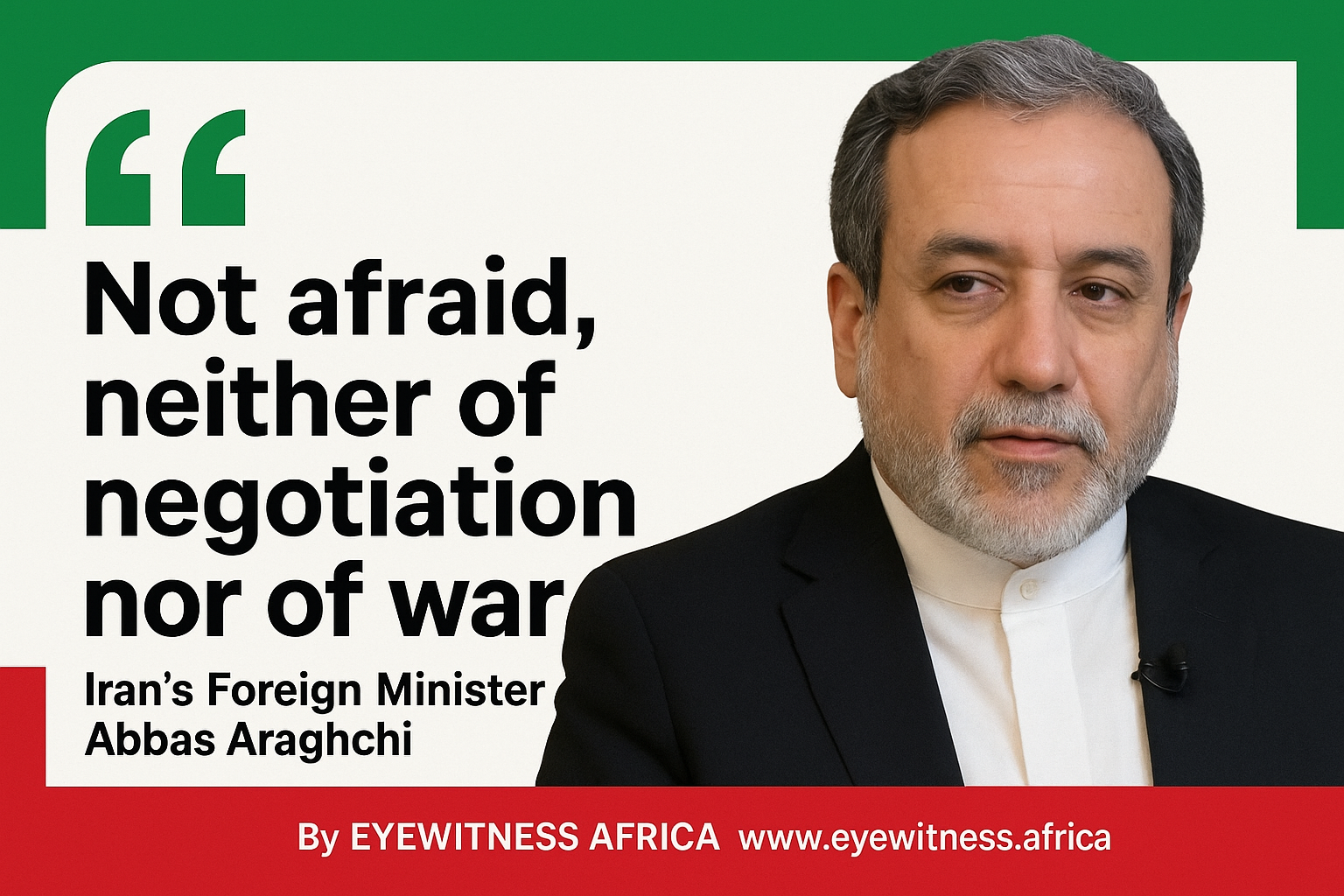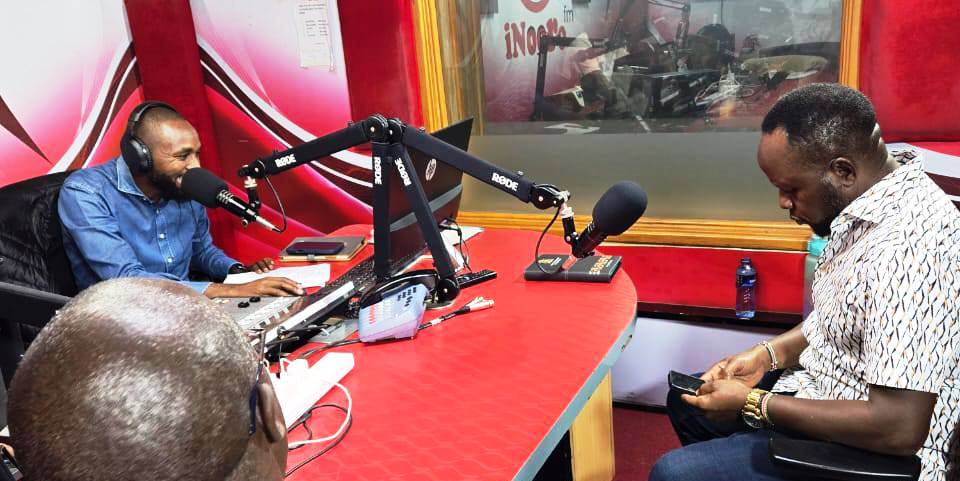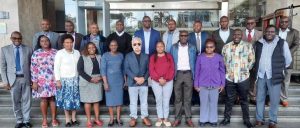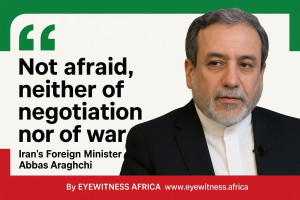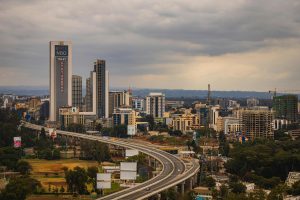Permanent Observer for Economic Community of Western African States presents credentials to UN Secretary-General António Guterres. PHOTO/UN/ Eskinder Debebe.
By MORRIS ODHIAMBO
What is the real crisis facing the Economic Community of West African States (ECOWAS)? Is it the withdrawal of the states of Burkina Faso, Mali and Niger from ECOWAS following the 2023 Nigerien crisis and the formation of the new Alliance of Sahel States? Is it the danger of further disintegration?
Is it the now widespread perception that it is in the service of neo-colonial, imperial interests, as opposed to the interests of Africans?
There is no doubt that the formation of the Sahel Alliance has set in motion a process of “disintegration” in ECOWAS whose journey and consequences are yet to crystallise.
This is arguably the first major shock to face the regional integration phenomenon in Africa after the 1977 disintegration of the East African Community (EAC).
It took 22 years for the EAC to be revived through the signing of the East African Community Treaty (EACT) on 30th November 1999 by the presidents of Kenya, Uganda and Tanzania.
Historians will in future interrogate the reasons for the current crisis facing ECOWAS and especially so if there is movement towards further disintegration.
While announcing their departure from ECOWAS, the three states noted that “ECOWAS had moved away from the ideals of its founding fathers and Pan-Africanism, and had become a threat to its member countries.”
They further noted that the block had “betrayed its founding principles, has subjugated itself to the influence of foreign powers, and has deviated from the fight against the existential threats of terrorism and insecurity.”
Strong words indeed!
In the case of the EAC, I had opportunity to document (you can Google: The CSO Guide to Regional Economic Communities (RECs) in Africa), after a thorough review of existing literature, the following as the main causes of disintegration: lack of strong political commitment; use of different economic systems, which made it difficult to implement community activities; disproportionate sharing of the benefits due to disparity in levels of development and lack of resources to address this imbalance.
Other issues were lack of strong participation by the private sector and civil society, and ideological differences (Cold War politics pitting so-called East versus West with Kenya leaning towards Western capitalism, Tanzania practicing socialism and Uganda somewhere in between). What the literature often leaves out is the influence of external powers and interests.
The Regional Economic Communities are the bedrock of the envisaged African Economic Community (AEC). The incremental road map to the AEC, which deviated from the Nkrumah’s vision of immediate post-independence integration of Africa, is based on the eight Regional Economic Communities (RECs) recognised by the African Union. Unknown to many, even the African Continental Free Trade Area is pegged on the RECs.
Article 19(2) of the Agreement Establishing the African Continental Free Trade Area provides as follows: State Parties that are members of other regional economic communities, regional trading arrangements and custom unions, which have attained among themselves higher levels of regional integration than under this Agreement, shall maintain such higher levels among themselves.
Any major crises facing RECs are, therefore, likely to affect the momentum of the continental integration agenda. All integration efforts are characterised by some level of tension. However, crises like those that faced the EAC or Brexit, are bound to have fundamental and long-term repercussions.

Security Council meets on peace consolidation in West Africa. PHOTO/UN/Loey Felipe.
A report released early this year by Cambridge Econometrics noted as follows: “the average Briton was nearly £2,000 worse off in 2023, while the average Londoner was nearly £3,400 worse off last year as a result of Brexit, the report reveals.” It further revealed that there were almost 2 million fewer in the UK due to Brexit. The damage was projected to get worse.
The report further noted that more than £300bn would be wiped off the value of the UK’s economy by 2035 if no action was taken to reverse the effects. Additionally, more than £60 billion wiped off the value of London’s economy alone!
But there are other repercussions of disintegration that are important but not monetary. One is the infrastructure created in the quest to provide common services for the integrating people. The destruction of the EAC infrastructure led to sour relations not only among EAC leaders but also among the people themselves.
Many older folk would for years be-mourn the death of common EAC services and institutions that also promoted a common EAC identity. In my previous posts, I have pointed out the importance of identity formation as both a driving force and outcome of integration.
It is worth observing the change in strategy of ECOWAS after the 2023 debacle. Initially, ECOWAS had hyped military intervention in Niger to reinstate President Mohamed Bazoum as the solution to the problem of disintegration.
It imposed sanctions on Niger. The country was kicked out of the African Union in line with the African Charter on Democracy, Elections and Governance (ACDEG).
The Charter demands that countries that undergo change of government through coups be automatically suspended from the AU. The creation of the Alliance of Sahel States caused great consternation to the dominant players in the region, forcing a rethink of the strategy, and the recent lifting of sanctions. Apparently, the cost of disintegration is considered too high!
So what is the real crisis facing the ECOWAS? Is it the withdrawal of the states of Burkina Faso, Mali and Niger and formation of the new Alliance of Sahel States? Is it the danger of further disintegration with its economic and social ramifications?
Is it the now widespread perception that it has been captured by foreign, imperial interests at the expense of the interests of Africans? Will ECOWAS reflect more deeply on its roles? Is the lifting of sanctions a mere diplomatic pause in a drama whose end is yet to be seen?
The writer is vice-chairman, Diplomacy Scholars Association of Kenya (DIPSAK) and coordinator, Missing Voices Coalition (MVC) in Kenya.




